1. Industry Trends and Evolution of Capacitor Technology
The Capacitor industry is witnessing surging demand as industries such as automotive, renewable energy, telecommunications, and industrial automation integrate higher performance components. According to Grand View Research, the global capacitor market size reached $23.5 billion in 2023, with an expected CAGR of 6.8% from 2024 to 2030. Key driving factors include miniaturization, precision requirements, increased energy density, and stricter industry standards like ISO 9001 and ANSI C62.
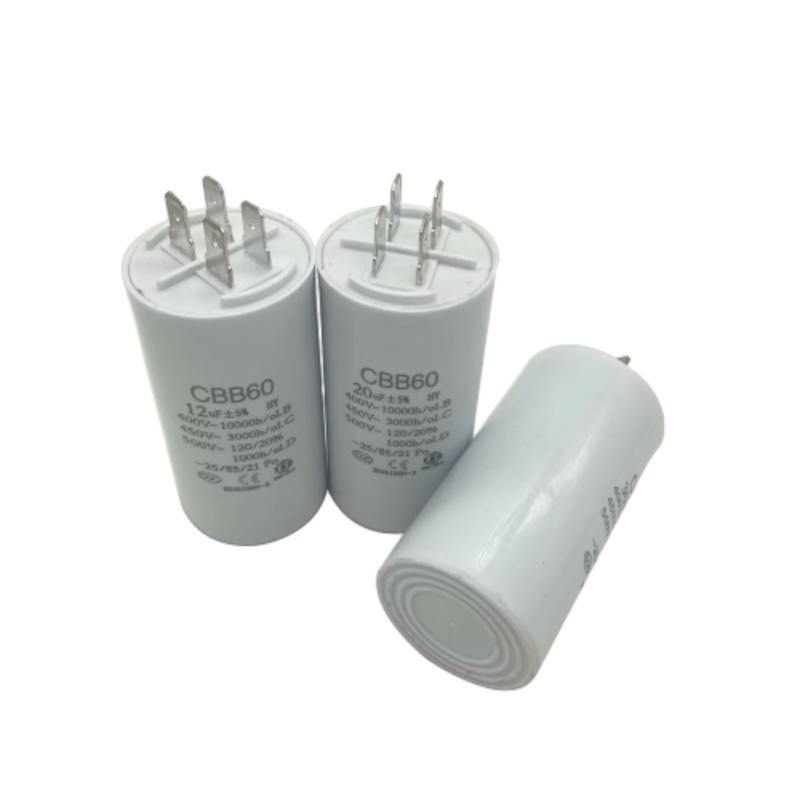
- Miniaturization driving MLCC (Multi-Layer Ceramic Capacitor) demand in smartphones and IoT devices
- Automotive sector boosting demand for Film and Aluminum Electrolytic Capacitor due to EV and ADAS technologies
- Industrial & energy sectors require enhanced voltage rating & longevity
- Move towards RoHS/REACH compliance and high-temperature durability
2. Core Technical Parameters of Capacitor
| Category | Rated Voltage (V) | Capacitance Range | ESR (mΩ) | Operating Temp. (°C) | Dielectric Material | Lifespan (hrs @85°C) |
|---|---|---|---|---|---|---|
| Ceramic MLCC | 6.3 – 630 | 1pF – 220μF | 2 – 50 | -55 ~ +125 | Barium titanate | 200,000 |
| Aluminum Electrolytic | 6.3 – 650 | 0.1μF – 47,000μF | 10 – 100 | -40 ~ +105/+125 | Alumina, Electrolyte | 3,000 – 10,000 |
| Film Capacitor | 50 – 2000 | 0.01μF – 150μF | 8 – 30 | -40 ~ +110 | Polypropylene, PET | 100,000 |
| Tantalum Capacitor | 2.5 – 125 | 0.1μF – 3300μF | 5 – 200 | -55 ~ +125 | Tantalum pentoxide | 150,000 |
| Supercapacitor | 2.7 – 20 | 0.47F – 5000F | 0.1 – 20 | -40 ~ +65 | Carbon-based, Graphene | 1,000,000 |
Data compiled from IEC/EN Standard Datasheets
3. Precise Manufacturing Process of Capacitor
The production of high-quality Capacitors involves advanced processes executed to rigorous standards such as ISO 9001 and ANSI/EIA protocol. Here is a detailed look at the typical workflow for multi-industry grade capacitors:
(Al, Ta, Polypropylene, Ceramics)
Vapor Deposition, Rolling or Sputtering
Ceramic/Film Extrusion
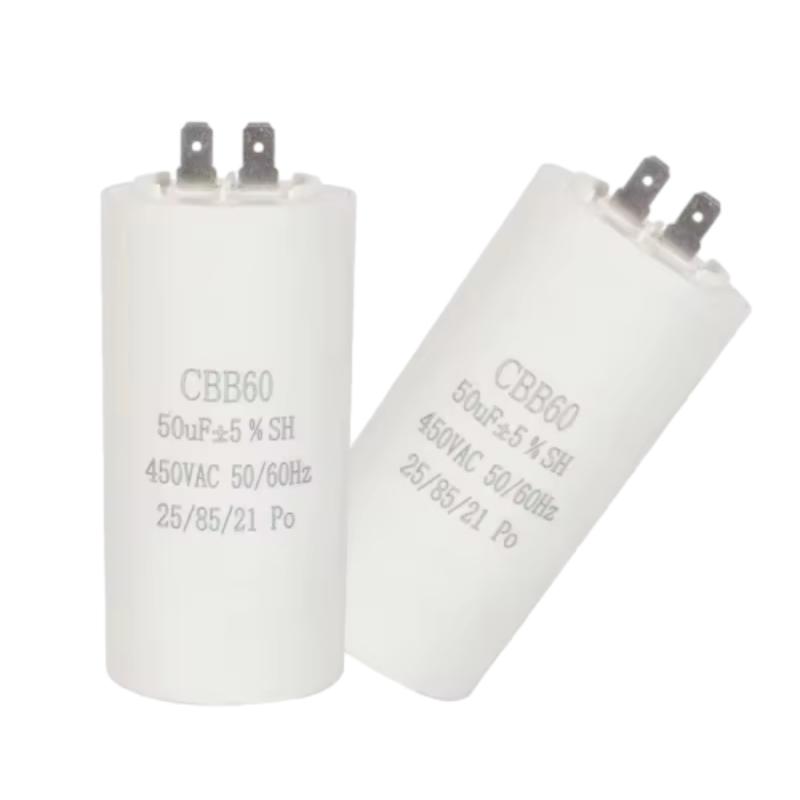
- Material Excellence: Barium titanate, polypropylene, and specialty electrolytes for customized needs.
- CNC Precision: Ensures consistent electrode layering, minimizing ESR and leakage.
- Comprehensive Testing: 100% functional, electrical, and X-ray inspection; fully compliant with ISO/IEC/ANSI standards.
- Service Life: Up to 200,000 hours MTBF (for ceramic, film types); 10,000+ hours for aluminum electrolytic designs.
- Industries Served: Petrochemical, Metallurgy, Power Electronics, EV, Water Treatment, Automated Manufacturing.

4. Market Share & Technical Benchmarking of Capacitors
5. Manufacturer Comparison: Capacitor Specification Benchmark
| Brand | Type | Rated Voltage (V) | Capacitance (μF) | ESR (mΩ) | Certifications | Use Case |
|---|---|---|---|---|---|---|
| Murata | Ceramic MLCC | 25/50/100 | 0.1 – 100 | 3–20 | ISO/IEC, RoHS | Automotive, Medical |
| Panasonic | Aluminum Electrolytic | 16 – 450 | 1 – 33000 | 30–55 | ISO, AEC-Q200 | Power Supply, Control |
| Nichicon | Tantalum | 6.3 – 63 | 1 – 1000 | 40–200 | ISO9001, UL | Industrial, Low-ESR |
| Qiangda | Capacitor (Custom) | 12 – 750 | 0.01 – 47,000 | 4–80 | ISO9001, ANSI | Energy, OEM/ODM |
| KEMET | Film | 50 – 1200 | 0.01 – 100 | 9–35 | ISO, UL | Power, Lighting |
| Maxwell | Supercapacitor | 2.7 – 16 | 1 – 3000F | 0.3–3 | IEC, UL | Renewable, Backup |

6. Custom Capacitor Solutions & Engineering Services
For specialized applications, customization is paramount. Capacitor solutions can be tailored according to:
- Capacitance, Voltage and Ripple Current Range (from pF to multi-Farad; 12V – 1000V+)
- Material Selection: Barium titanate (very low loss), Polypropylene (extreme reliability), Tantalum pentoxide (compact/solid-state), Carbon/Graphene (ultra-high density)
- CNC/Form-Factor: Axial, Radial, SMD, Snap-in, Custom 3D-molded
- Environmental Tolerances: Anti-corrosion, -55°C to +125°C, Vibration/shock resistance, Moisture-proof
- Industry Compliance: RoHS/REACH, AEC-Q200 (automotive), IEC 60384, FDA requirements (medical electronics)
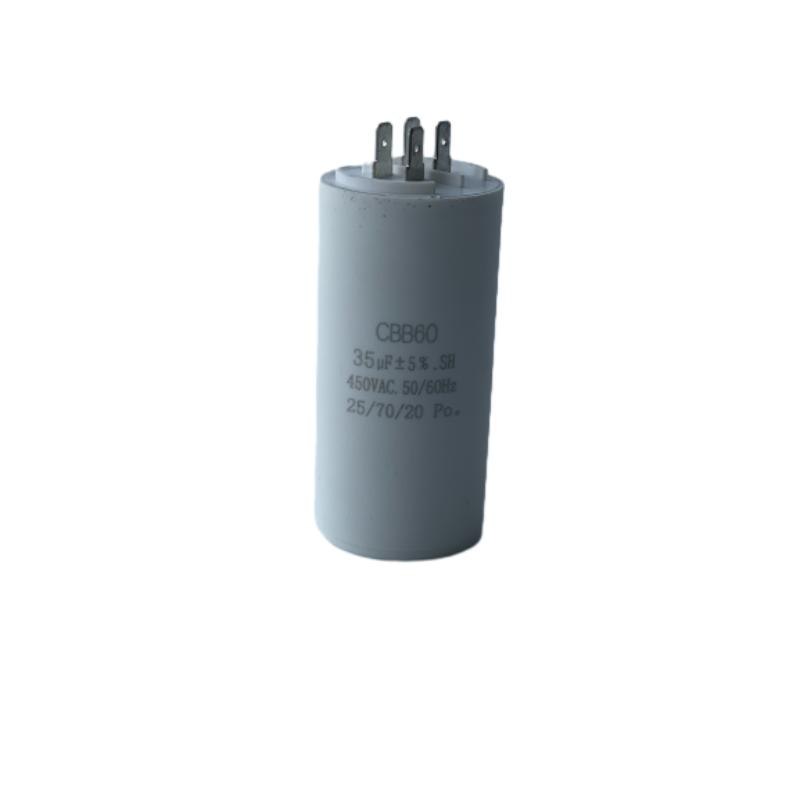
- OEM/ODM Full Support: Prototyping, Design Simulation (Altium/ANSYS), Mass Production
- Fast Lead-Time: As short as 3–10 working days for sample delivery
- Lifecycle Management: 10+ years support, including EOL migration
7. Application Scenarios: The Competitive Edge of Capacitor
- Petrochemicals: Withstand harsh chemical exposure, high vibration, and elevated ambient temperatures; certified to IEC/ANSI/ISO standards.
- Metallurgy & Steel: Provide stable filtering and voltage smoothing under heavy current spikes; anti-surge and low ESR film types are preferred.
- Water Supply & Wastewater: Anti-moisture encapsulation, extended life, and robust surge protection ensure safe operation.
- Electric Vehicles (EV) & Renewables: Supercapacitor and low-ESR MLCCs enable fast charging/discharging, boosting system efficiency by 12–18% (based on IEEE studies).
- Telecom & Data Centers: Redundant filtering, stable power rail, EMI suppression (down to -50dB at GHz frequencies)
- Medical & Instrumentation: Compact SMD Capacitors meet FDA/EN60601; ultra-low leakage for imaging and signal processing
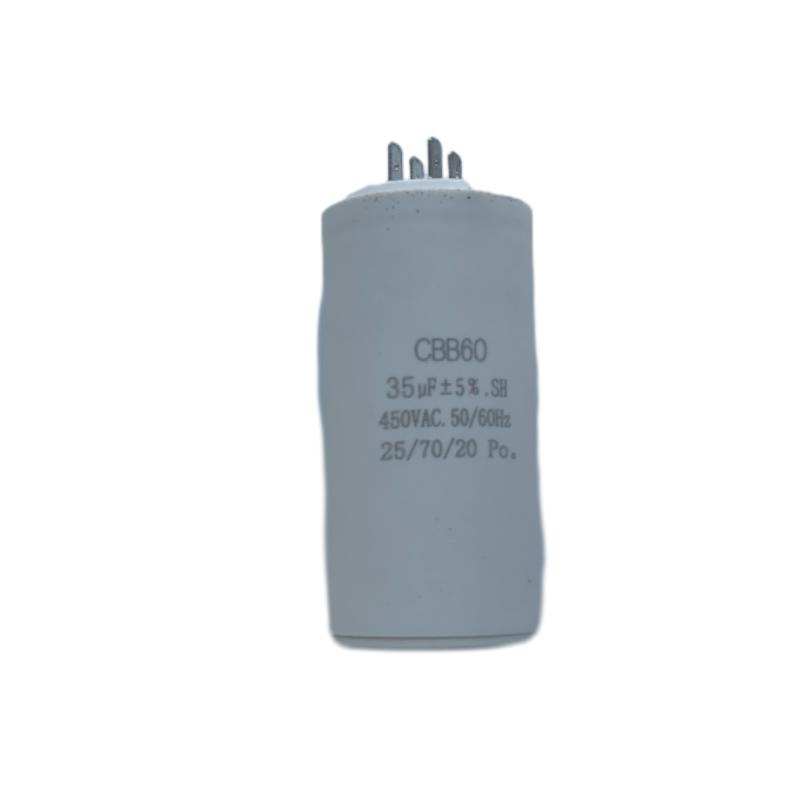
8. Application Case Studies: Proof of Performance
Case #1: Improving Power Reliability in Oil Refineries (Petrochemical, Middle East)
A leading petrochemical conglomerate selected custom high-ripple aluminum Capacitors by Qiangda to upgrade its voltage smoothing circuitry. The systems reported a 37% reduction in transformer failure rates and a full ROI within 9 months.
Case #2: EV Fast-Charge Modules & Lifecycle Testing (Automotive, EU)
For an EV charging infrastructure upgrade in Germany, custom Supercapacitor arrays passed >1,000,000 cycles at full load and maintained less than 10% capacitance loss—demonstrating superior lifecycle versus conventional lithium-ion buffer modules.
Case #3: Water Treatment Systems (Asia-Pacific)
Film Capacitor systems with anti-corrosion polymer coatings routinely achieved more than 120,000 hours MTBF, ensuring resilience in high-humidity field conditions for municipal water utilities.
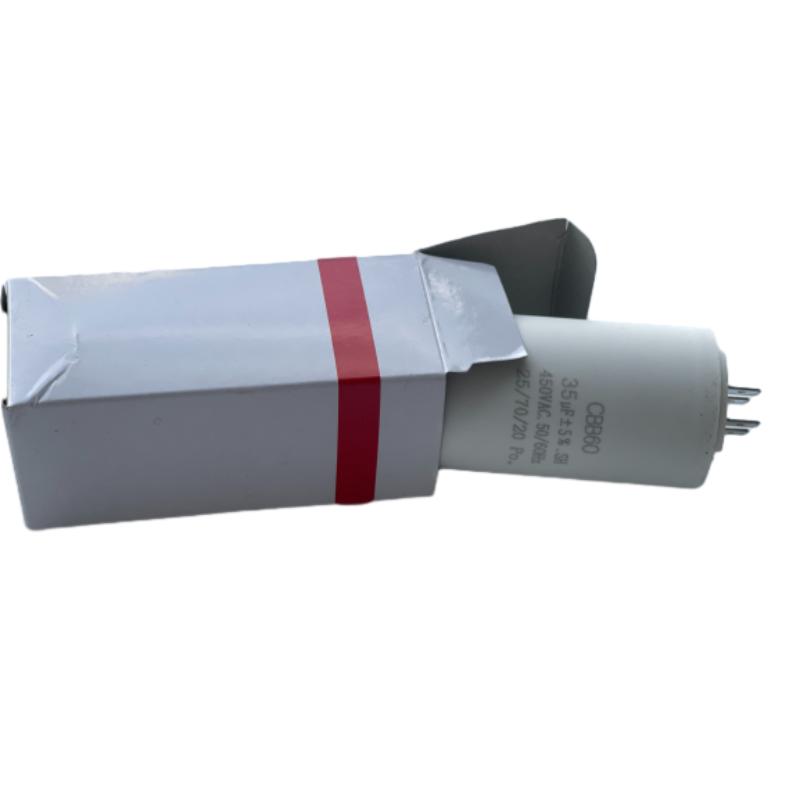
Direct Customer Testimonials:
- “In four years, not a single capacitor failed in harsh desert refinery operations.” (Saudi ARAMCO electrical engineer)
- “Remarkable fast design cycles and on-time support from Qiangda’s technical team for our automotive project.” (EV integrator, Germany)
9. Professional FAQ about Capacitors
- Q1: What materials are commonly used in industrial Capacitor manufacturing?
- A: Ceramic (barium titanate, titanium dioxide), polypropylene and polyester films, aluminum (with high-purity oxide dielectric), tantalum powder, and emerging carbon-based (graphene) materials are used depending on capacitance, voltage, and reliability requirements.
- Q2: What are the main types and how do they differ?
- A: Types include MLCC (ceramic) for high-frequency filtering, Electrolytic for large capacitance, Film for long life/high voltage, Tantalum for size/performance ratio, and Supercapacitor for rapid charge/discharge.
- Q3: What are the standard certifications for industrial Capacitor quality?
- A: ISO 9001/14001 (quality/environment), ANSI/EIA-456, AEC-Q200 (automotive), UL810 (safety), IEC 60384 (general), and FDA/EN60601 (medical electronics).
- Q4: How is Equivalent Series Resistance (ESR) significant?
- A: ESR is a vital metric: lower ESR allows higher currents, reduced self-heating, and better filtering at high frequencies - critical for switching power and RF applications.
- Q5: What is the typical lifespan of an industrial-grade Capacitor?
- A: Film types: 100,000 – 200,000 hours. Ceramic: up to 200,000 hours. Electrolytic: 3,000–12,000 hours (temperature-dependent). Supercapacitors: up to 1,000,000 cycles.
- Q6: What are key installation and testing standards?
- A: ANSI/EIA-198, IEC 60384 for installation/testing; automated surge/life and insulation resistance tests; environmental stress screening per ISO/IEC.
- Q7: What is an appropriate delivery time and support commitment?
- A: Prototyping: typically 3–10 days. Standard production: 2–4 weeks. All products come with minimum 24 months warranty and lifetime technical support, with full traceability.
10. Delivery Cycle, Warranty & Customer Support Commitment
- Typical Lead Times: 5–15 business days (standard specs); expedited prototyping in 3–7 days; full supply chain traceability (ISO 9001:2015).
- Warranty: All Capacitor products are covered by a minimum 2-year quality guarantee; extended warranty available for mission-critical projects.
- Support Team: 24/7 technical hotline, on-site engineering assistance, and comprehensive RMA policy for all international customers.
- After-sales & Application Engineering: Schematic simulation, root-cause failure analysis, and rapid replacement service are standard.
- Certifications & Partnerships: ISO 9001, ISO 14001, ANSI, UL, and FDA (where applicable). Trusted by 500+ OEMs in over 40 countries.

- Capacitor Market Analysis, Grand View Research
- “Design and Application of Advanced Capacitors for Power Electronics,” IEEE Transactions
- “Industrial Capacitor Quality Standards”, IEC/ISO International
- Industry Conversations: EEVblog Forum
- Manufacturer Datasheets: Murata, Panasonic
-
XIANGFAN Rubber Tape-Ultimate Solutions for All Your Insulation NeedsNewsJun.24,2025
-
XIANGFAN Rubber Tape-Protection for Industrial and Residential ApplicationsNewsJun.24,2025
-
XIANGFAN Rubber Tape: Superior Safety and Sealing for Demanding EnvironmentsNewsJun.24,2025
-
XIANGFAN Rubber Tape: Reliable Solutions for Every Electrical ChallengeNewsJun.24,2025
-
XIANGFAN Electrical & Industrial Tape: Powering Reliability Across IndustriesNewsJun.24,2025
-
XIANGFAN Electrical & Industrial Tape: Excellence in Every ApplicationNewsJun.24,2025
